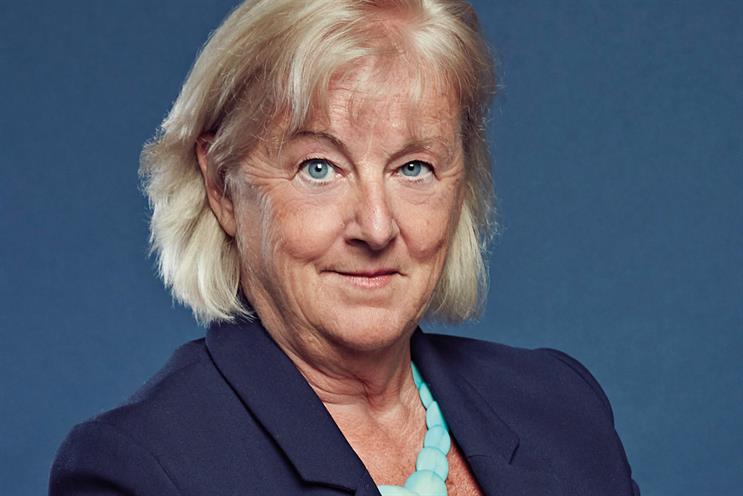Change is the only constant
This summer, the Daily Mash ran a spoof article claiming the nation had missed Wimbledon because we had all been glued to 24-hour news channels, so electrifying had politics become.
Certainly no-one predicted the events in Westminster. But for those of us on the inside, the truth is that, despite all the change, the big challenges endure; Public Health England exists to protect and improve the nation’s health and reduce inequalities, and we’re needed as much now as ever.
My first priority with the new government and a new public-health minister is currently to get agreement on our three-year health marketing strategy so that my team can deliver, secure in the knowledge that we have a clear agenda for marketing and know our priority areas for investment.
Health is everyone’s business
Leading a marketing team in the public sector does involve more stakeholders than in the commercial world, but that’s because what we do affects so many people. And if having to consult widely and engage others in the creation of solutions frightens you, reflect that the more people you meet at the beginning, the more allies you have when you come to deliver the solution.
As well as our own innovation programmes, I’ve learned a lot lately from partners such as Age UK, Disney and Facebook. And we deploy coaching, training, secondments, lunch-and-learns and other techniques borrowed from other organisational worlds to keep my team motivated and outward-looking.
Know who you can trust to deliver
I know public health campaigns are attractive to the communications industry. Health has consistently invested more on marketing than any other single government body. Plus, we commission award-winning work that saves lives.
Hardly a day goes by without some new-business director ringing up to tell me how they could help us do a better job.
But I’ve come to appreciate the energy and strategic input of a relatively small and evolving band of senior industry players who have worked in health long enough to understand what we’re trying to achieve, who know the complexities of the system and are not naïve about the challenges of changing entrenched and sometimes addictive behaviour.
There are lives at stake
Occasionally I reflect that there are people whose lives were saved because someone learned the symptoms of a stroke from our door-drop, or because they used our app to stop smoking.
The NHS Five Year Forward View called for a radical upgrade in prevention and public health to keep the NHS sustainable for future generations.
All our marketing plans start with a clinical outcome, whether that’s diseases to be prevented, hospital admissions to be avoided or lives saved, and we build our strategy from there, deploying behavioural insight and creating sophisticated and tailored customer journeys to inspire, prompt and support healthier lives.
When times are tough, good leaders think smarter
I’m not one of those marketers who hankers after the good old days of huge annual campaign budgets. Every penny we spend comes from the health budget; that means we need to be confident that it is the best use of taxpayer money and that we are spending it prudently.
Point in case: last year, we spent £5m on Stoptober and inspired one million quit attempts. This year, we’re aiming to achieve the same with significantly less resource because a campaign driven by Facebook and digital targeting could still deliver ever-more effective impact.
Television advertising gave us great exposure, but social media gives us peer endorsement, norming, instant feedback, emotional rewards and behavioural support. Plus, it generates data in real time, allowing us to dial up or dial down, adapt and finesse in response to our target audience.
Technology is making what was once impossible easy, and I don’t think we’re far from a world where we can all see how our steps, calories and units are affecting our blood pressure, cholesterol and glucose in real time.
Mind the gap
One of the great things about this is that it lays bare some of the inequalities that still persist in health. Outside Downing Street, the new prime minister spoke of the "burning injustice" that if you’re born poor, you will die on average nine years earlier than others.
It is the potential to make a real contribution to redressing this gap that keeps me, and our team, focused on our mission.
Sheila Mitchell is marketing director at Public Health England, responsible for the Change4Life, Stoptober and One You programmes. She joined the public sector 12 years ago.


